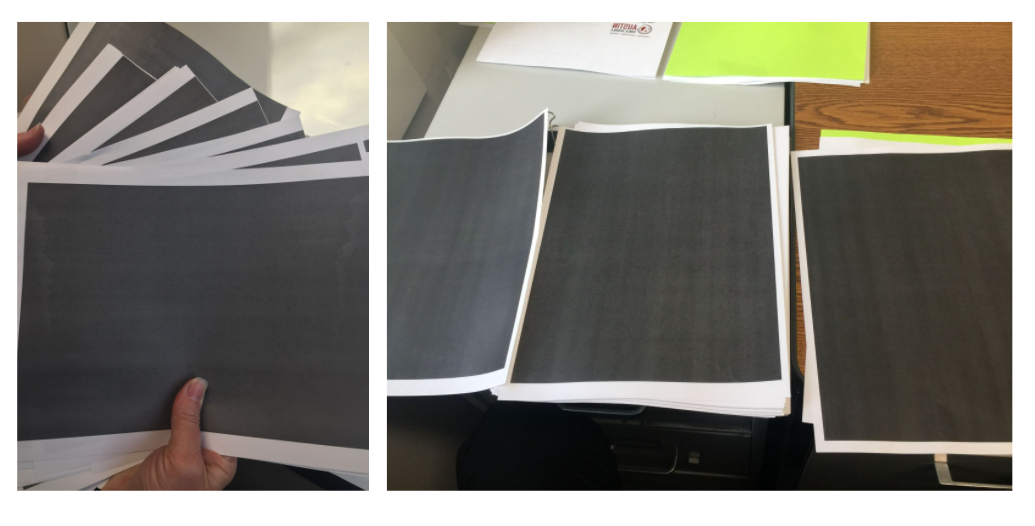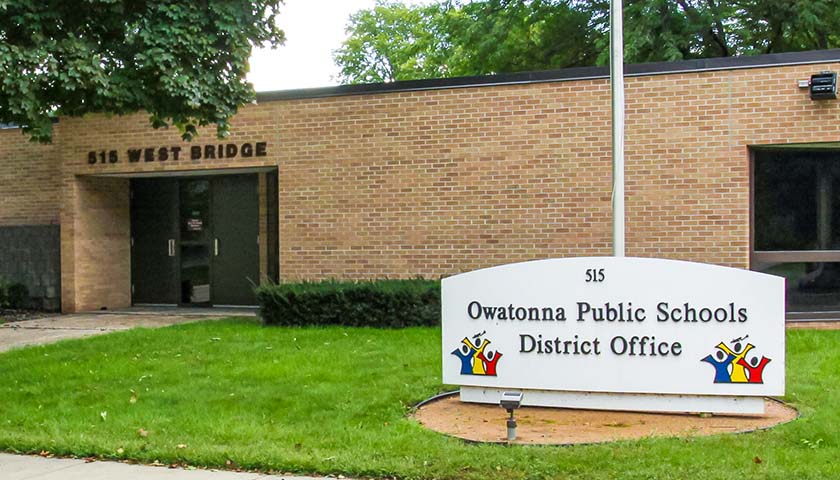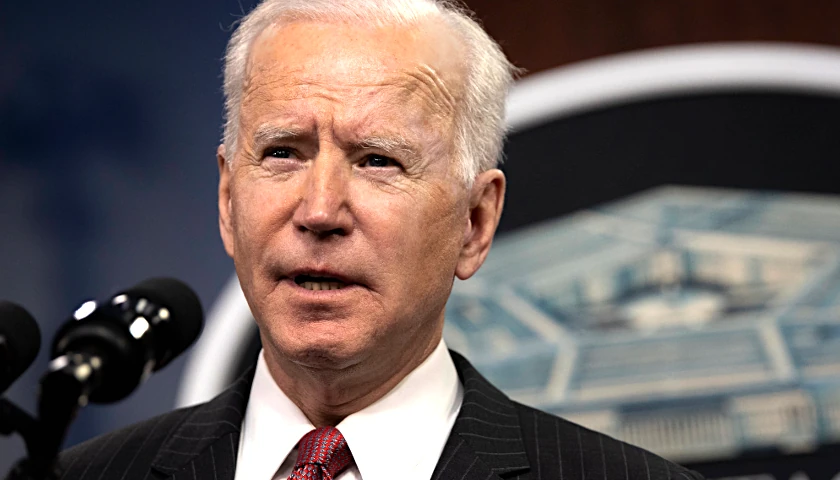by Kyle Hooten
Parents in a Minnesota school district asked to see what their children are being taught. The district effectively refused to show them.
A group of Owatonna parents called the United Patriots for Accountability filed a data request (Minnesota’s version of a FOIA), seeking mentions of certain key words related to critical race theory in school district documents. Critical race theory is a leftist means of analyzing the world through a racial lens, attempting to understand the features of modern society as an outgrowth of underlying racial dynamics like racism. Conservatives generally feel that history and civics should not be taught from this perspective in public schools.
This request (the first of three) was sent Aug. 2, according to James Dickey of the Upper Midwest Law Center, which is now representing the United Patriots in their struggle to obtain data from Owatonna schools. Dickey told Alpha News that while his clients did receive two sets of documents related to their request, the information was “heavily redacted” and only pertained to seven of the 19 keywords the United Patriots inquired about.

These photos show some of the heavily redacted pages the United Patriots for Accountability received from the Owatonna School District. (Photos provided to Alpha News)
“They’re less than halfway through, four months later, and there’s tons of redactions. It’s hard to know what is even in some of these things,” Dickey reported. He said the cause of the delay is simple: the school district “only [has] one person reviewing the documents related to our requests.” What’s worse, this person is reportedly only working on this project on their spare time. A person who works for the district and is involved with this process has offered the same explanation for the delay to local Owatonna media.
Both the district’s lengthy turnaround time and its liberal use of redactions present potential legal issues, Dickey observed.
“I think that it’s likely a misunderstanding of how the Data Practices Act works. I always want to give the benefit of the doubt — but I think there’s no question that they’re not complying with the Data Practices Act as it should be complied with,” he said. Specifically, Dickey argued, the district has not provided a sufficient explanation for the redactions and has redacted information that it has recently provided to other members of the public.
The Upper Midwest Law Center wrote the following in a letter to the school district, explaining how the redactions are likely not in compliance with the Minnesota Government Data Practices Act:
“It is also apparent, upon reviewing some examples of redaction, that the District is redacting data that could not possibly be protected from access as public data under the MGDPA. For example, one document produced in response to our clients’ November 11 request is an email between an unidentified District employee and Emily Kahnke of the Owatonna People’s Press. In that document, you entirely redact the name of the public employee sender from within the District, and what appears to be a picture that was sent to another member of the public — a reporter. There is absolutely no justification for withholding data like this. I can only imagine that this error is repeated again and again throughout the redactions that the District has made.”
In other words, the district redacted the contents of an email that it sent to a journalist.
Dickey also explained to Alpha News that “the law is clear in the Data Practices Act that school districts and other governments have to have procedures in place to make sure that they can locate documents and provide them in a reasonable and prompt manner. They’re just not doing that.”
Hidden curriculum
Dickey’s clients filed another data request to view the curriculum their children are required to learn in Owatonna Public Schools. While this request was honored, the school apparently overstepped its legal authority to ensure that the curriculum would remain largely secret.
Parents were allowed to enter a school building and look at the materials, but they were not allowed to make copies or take photographs in order to protect the curriculum authors’ copyright. Dickey said the school has no duty to enforce copyright, nor is it illegal for an advocacy group to take pictures of copyrighted material.
“Our clients are not going to be reusing these documents to make money off of them, or anything like that. They are only going to use examples of what’s being taught in the curriculum for educational and informational proposes. Under the copyright act there’s a ‘fair use’ doctrine. Our clients are absolutely going to comply with the ‘fair use’ doctrine … we told the district that,” he explained.
This is not an esoteric concept. Rather, “fair use” is frequently employed by activists, media outlets and entertainment commentators. Without fair use laws, it would be effectively impossible to discuss or critique any written work, film, song or visual art.
“You can’t prevent our clients from taking pictures of copyrighted material just because you suspect there’s a possibility they might violate it,” Dickey concluded.
On Tuesday, members of the United Patriots went to a school district facility to view some pieces of curriculum. They were again told that if they attempted to take pictures of the curriculum, their right to view it would be revoked.
Despite these struggles, they remain undaunted.
“If the District does not correct its errors, we will have to file a lawsuit seeking its compliance,” Dickey explained.
– – –
Kyle Hooten is Managing Editor of Alpha News. His coverage of Minneapolis has been featured on television shows like Tucker Carlson Tonight and in print media outlets like the Wall Street Journal.
Photo “Owatonna Schools District Office” by Owatonna Public Schools.








